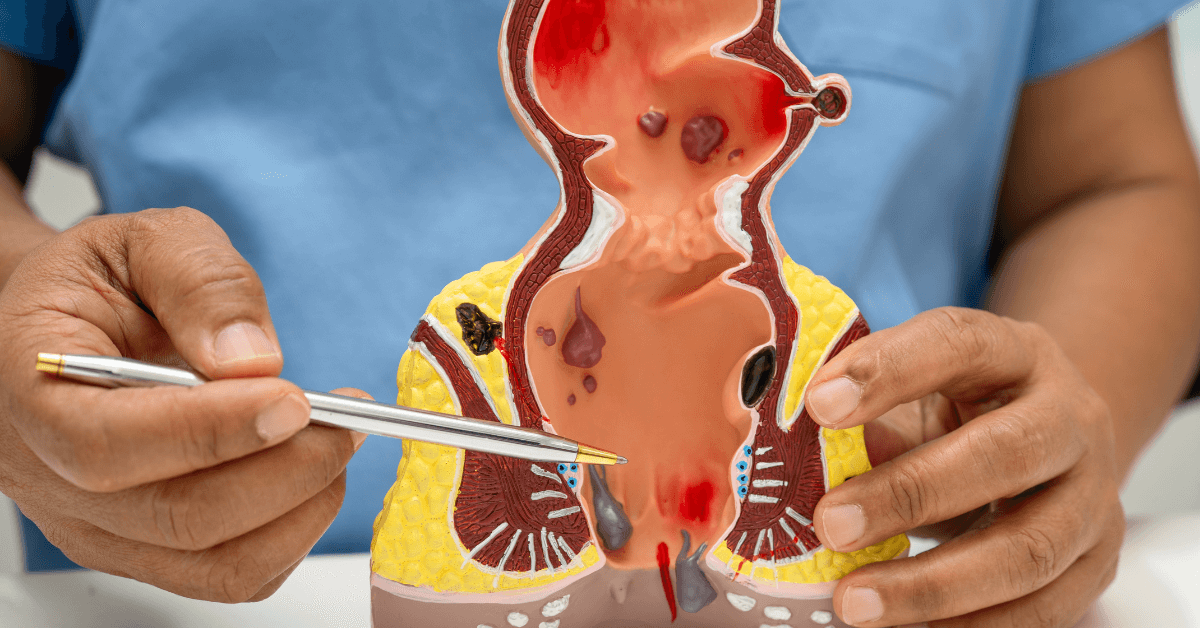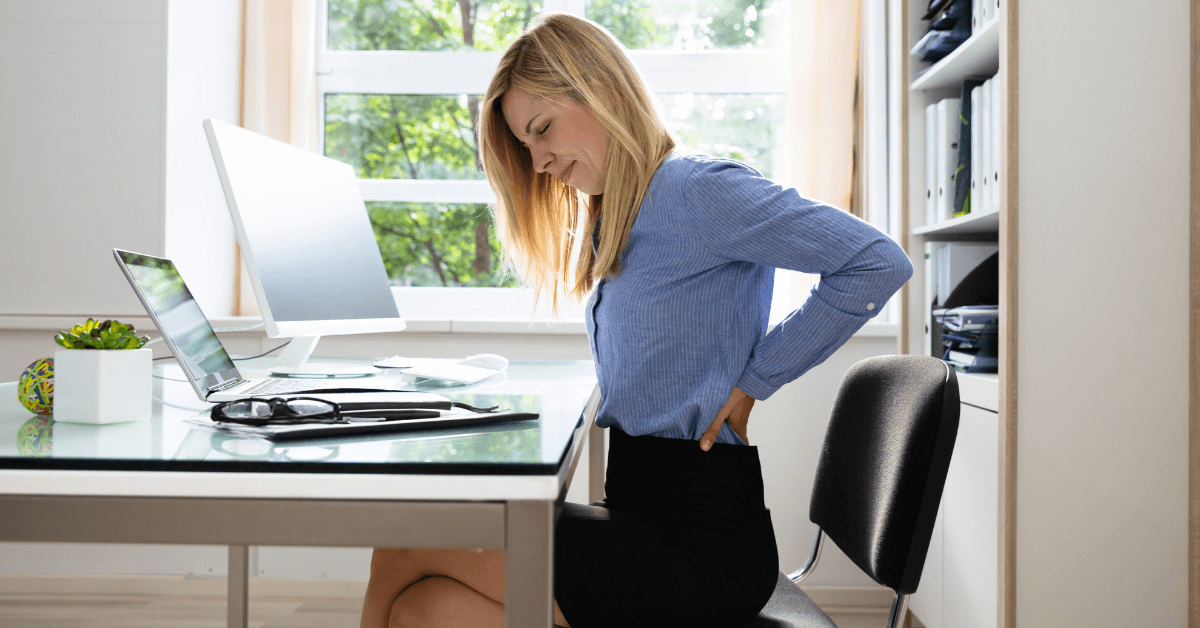Can Hemorrhoids Come Back? This question naturally concerns most patients following treatment. Unfortunately, the answer is genuinely a definitive yes. Hemorrhoids are essentially swollen, inflamed veins near the anus or lower rectum. Since the underlying cause remains the same, recurrence is certainly possible. Therefore, simply treating the symptoms is not completely enough for lasting relief. You must make meaningful lifestyle changes to prevent them from recurring. This detailed guide offers effective Tips for Long-Term Prevention of future flare-ups. The expert team at IBI Clinic wants you to achieve excellent, lasting comfort. We strongly believe you deserve to live completely free from this uncomfortable condition.
Understanding Hemorrhoid Recurrence
Many people successfully treat their hemorrhoids with home remedies. Conversely, other individuals require advanced medical procedures. However, the risk of recurrence always persists after successful treatment. The most common reason Can Hemorrhoids Come Back? involves continued pressure on the anal cushions. This sustained pressure weakens the vein walls over time. Chronic constipation or extended sitting places constant strain on these vessels. Furthermore, a family history of hemorrhoids also increases your overall risk. Therefore, you must manage your underlying risk factors proactively. Learning about these causes is essential for effective Tips for Long-Term Prevention. You must actively adopt habits that support better overall digestive health immediately.
Tips for Long-Term Prevention with Diet
Dietary changes serve as the foundation for long-term hemorrhoid management. Your daily food intake directly affects your bowel movements. Consequently, stool consistency is a critical factor for prevention. You must make a concerted effort to increase your fiber consumption daily. Doctors universally recommend consuming at least 25 to 35 grams of fiber every single day. This ample fiber intake softens the stool. Furthermore, softer stool passes much more easily and quickly. This dramatically reduces the need for straining during defecation. Avoiding unnecessary straining is key to preventing further vein trauma. Moreover, hydration works alongside fiber for the best results. You should actively drink six to eight glasses of water daily. Proper hydration keeps the stool soft and manageable for easy passage.
Here are some Tips for Long-Term Prevention through food choices:
- You must prioritize high fiber foods such as whole grains, legumes, and various fresh vegetables.
- Eat plenty of fresh fruits every single day, especially pears, apples, and delicious berries.
- Consider utilizing fiber supplements like psyllium if your diet is lacking sufficient fiber.
- Always limit processed foods which naturally lack the necessary dietary fiber content.
- Remember that good hydration prevents the onset of painful, hard constipation.
- Remember that diet plays a truly indispensable role.
Establishing Healthy Bowel Habits
Establishing completely healthy bowel habits is just as vital as modifying your diet. Poor toilet habits frequently contribute to the development of hemorrhoids. Therefore, you must eliminate any behavior that creates undue pressure on your anal area. For example, never strain during a bowel movement. Straining severely increases the pressure within the blood vessels. Consequently, this action encourages the veins to swell and prolapse. Furthermore, avoid prolonged sitting on the toilet for any long duration. Sitting on the toilet bowl for more than five minutes often causes pooling of blood in the anal cushions. You should listen to your body and never delay the urge to pass stool. Waiting too long allows your stool to become dry and excessively hard. Adhering to these simple steps strongly reinforces your Tips for Long-Term Prevention.
Here are some Tips for Long-Term Prevention using improved habits:
- Use the toilet immediately when you feel the very first urge to go.
- Do not sit on the toilet for more than five minutes at any time.
- Consider using a small footstool to elevate your feet during defecation.
- This position, called squatting, naturally opens your anorectal angle.
- Always avoid reading books or using your phone while sitting on the toilet.
These changes are essential for minimizing further irritation. Furthermore, they protect your already sensitive anal veins.
Maintaining a Healthy Body Weight
Maintaining a healthy body weight significantly reduces your overall risk of recurrence. Excess body weight places greatly increased pressure on the entire pelvic region. This constant downward pressure contributes directly to the swelling of anal veins. Therefore, achieving and maintaining a healthy Body Mass Index is critically important. Regular physical activity naturally supports weight loss efforts. In addition, exercise helps stimulate bowel function. Moreover, increased physical activity promotes muscle tone and good circulation. This combination is highly effective for reducing internal pressure. Therefore, make regular, moderate exercise a non-negotiable part of your daily routine. Even simple activities like a brisk 30-minute walk every day are extremely beneficial. The IBI Clinic fully supports your journey toward healthy body weight management.
We provide comprehensive resources that effectively address weight loss.
- Start with low impact activities like swimming or brisk walking right away.
- Consistently avoid heavy weightlifting or excessive core straining activities.
- These strenuous activities can greatly increase your pressure on the anal veins.
- Discuss healthy body weight goals with your dedicated physician immediately.
This commitment is an essential component of your Tips for Long-Term Prevention.
Lifestyle Changes to Prevent Hemorrhoids
Numerous lifestyle risk factors also dramatically influence the recurrence of hemorrhoids. For example, individuals who frequently lift heavy objects often experience increased intra-abdominal pressure. This pressure forces blood downward into the already delicate anal veins. Therefore, you should always take care to lift objects properly using your legs. Additionally, chronic coughing or prolonged standing can also increase your risk. Consequently, people with respiratory issues should manage their conditions actively. Similarly, you must find ways to reduce your daily stress effectively. Stress contributes to tension, which can worsen existing constipation issues. Addressing these various factors provides comprehensive Tips for Long-Term Prevention.
Here are additional Hemorrhoids Prevention Strategies for your consideration:
- Always use good technique when you must lift heavy objects for work or exercise.
- Wear supportive garments if your job requires prolonged periods of standing upright.
- Focus on stress-reduction techniques such as yoga or simple meditation practices.
- Stop smoking since tobacco use weakens connective tissues, including your veins.
These proactive measures protect the treated area from further damage.
Can Hemorrhoids Come Back? Final Thoughts
The answer to the question Can Hemorrhoids Come Back? lies completely within your hands. While the tendency to develop them is biological, recurrence is largely preventable. By consistently adopting Hemorrhoids Prevention Strategies, you take back control. Focusing on diet, proper bowel habits, and a healthy body weight builds resilience. Remember that maintaining fiber intake and avoiding straining are the most important daily actions. If symptoms do return, the IBI Clinic team strongly encourages you to seek immediate professional evaluation. We effectively diagnose and treat all types of anorectal issues using advanced methods. Do not wait for discomfort to severely disrupt your quality of life unnecessarily. Take definitive action today and commit to long-term health.



